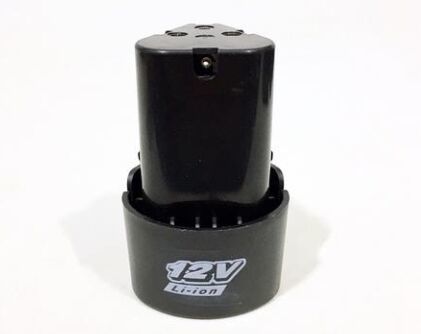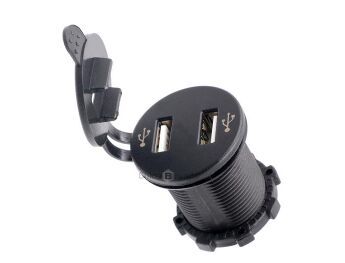A common problem among electricians is not understanding the differences between a power adapter and a type of 12V charger. A power adapter is what plugs into your wall outlet to provide you with power. A type of 12V charger, on the other hand, is a device that attaches to an electrical outlet and allows you to recharge batteries. While the differences between them are often not immediately apparent, the reality is that there are differences that can make a big difference in how quickly and efficiently your batteries are charged.

lithium ion phosphate battery: lithium iron phosphate battery charger
There are two main types of chargers available, depending on the equipment that they're used with. A standalone charger is for use only with batteries. You plug it into the wall and then you charge the battery as normal.
The 12V charger type can be divided into different types according to different currents: 12V 10A charger, 12V 20A charger, 12V 30A charger, 12V 40A charger, 12V 50A charger, etc.
A true 12V charger works on its own. It's plugged into the wall and it works to charge the battery. This type of charger is a very good option for families or businesses that need to charge battery packs frequently.
The next type of charger is a battery booster. Battery boosters generally provide more than one charging source, meaning that they can be used as a true 12V charger as well as a battery booster. In some cases, they work as both a battery charger and a true 12V charger.
Chargers used by generators are often called inverters. These devices are typically placed near the generator to charge batteries.
The type of charger you choose depends on your needs(12v 30a battery charger: 20a 12v battery charger (usb)). There are a few things to keep in mind as you choose the type of charger for your vehicle.
A charger that charges batteries can provide the battery pack with the amount of power it needs. Some batteries are expensive and you might need to replace a few of them regularly to ensure they'll last longer.

A type of charger that charges batteries can also provide you with the power that your batteries require running an entire vehicle. You'll pay a little more for this type of charging system but it can come in handy if you have multiple vehicles you're using for charging.
True 12V chargers are usually heavier than their battery charging counterparts. This is good for larger vehicles that might need a stronger connection.
Another important factor to consider is the size of your battery packs. Battery packs will vary in size depending on the model and even the year. You might be able to find a true 12V charger that is less expensive than a battery charger, but it may not be able to provide enough power to provide the amount of power your battery requires.
Batteries are usually charged at a rate of ten thousand volts. This means that the voltage has to be adjusted by the user before the process begins. If you're not sure how to adjust the voltage, you can get an outlet or home automation kit to assist you with the process.
A car battery charger is much different from a cell phone charger or any other electrical appliance in your home. If you don't want to do it yourself, have someone that knows what they're doing install the equipment for you.